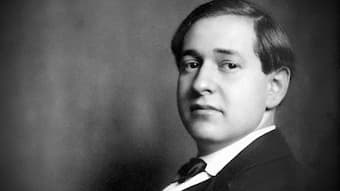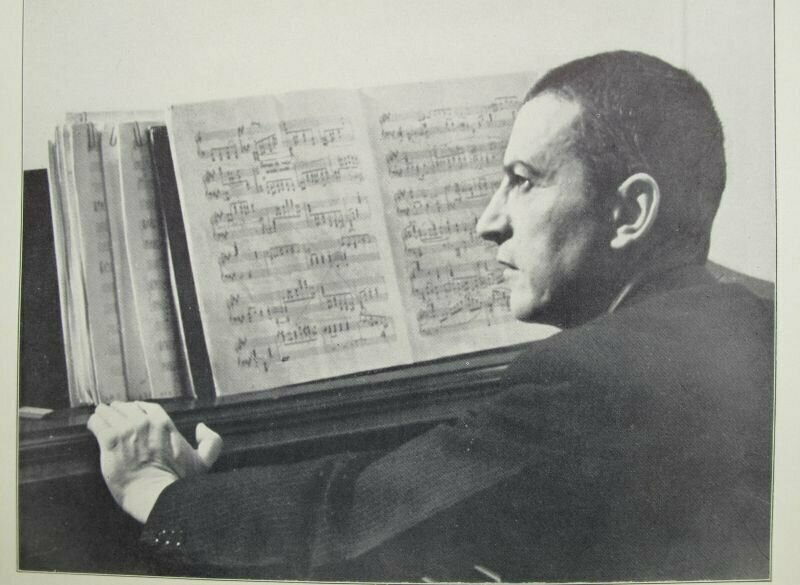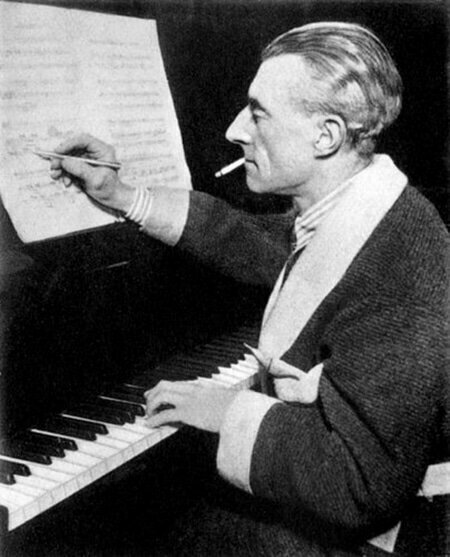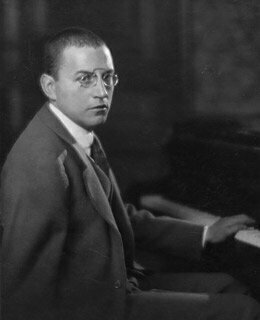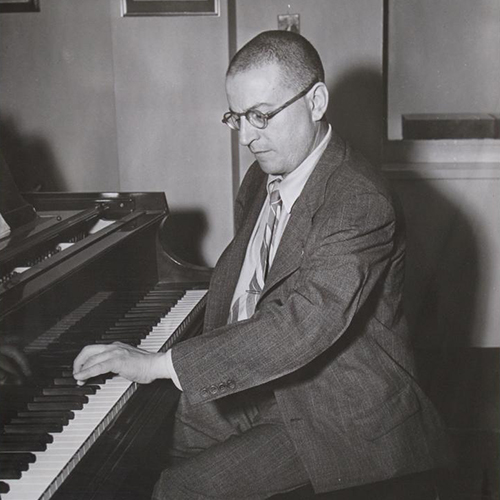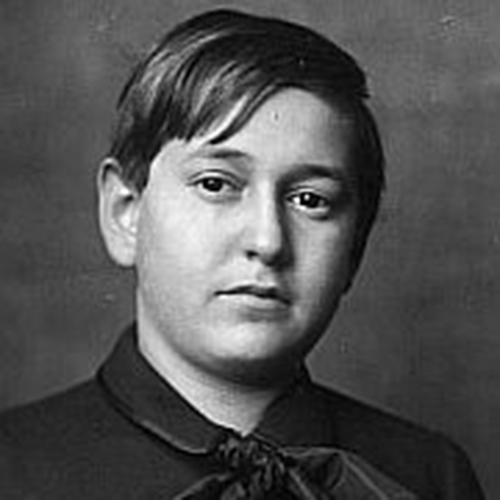When up-and-coming pianist Paul Wittgenstein (1887-1961) returned from WWI, it was without his right arm, amputated by necessity in a Russian prison camp. He did return to a family with money and so was able to commission works that he
Wittgenstein
While Maurice Ravel and Richard Strauss have received the highest accolades in the historiography of classical music, the contemporary musical world of Paul Wittgenstein was numerously populated by a host of highly talented composers and performers. And a commission from
The undisputed masterwork to emerge from the Wittgenstein commissions was the Concerto pour la main gauche by Maurice Ravel. Yet the collaboration between composer and interpreter was decidedly acrimonious. Composed between 1929 and 1930, Ravel was intrigued by the challenge
When Ludwig Wittgenstein got word of his brother’s ordeal, he wrote in his diary “frightfully sad business. I keep having to think of poor Paul, who has so suddenly lost his career! How terrible. What philosophy is needed to get
During the golden days leading up to the “war to end all wars,” the Wittgenstein family stood at the forefront of the cultured bourgeoisie in Vienna. In imitation of aristocratic mannerisms, they freely dabbled in artistic patronage, financed by the
After the rousing success of his opera Die tote Stadt, Erich Wolfgang Korngold was at the height of his European fame. With a libretto by his father Julius—penned under the name of Paul Schott—the opera dominated theatrical stages and became

